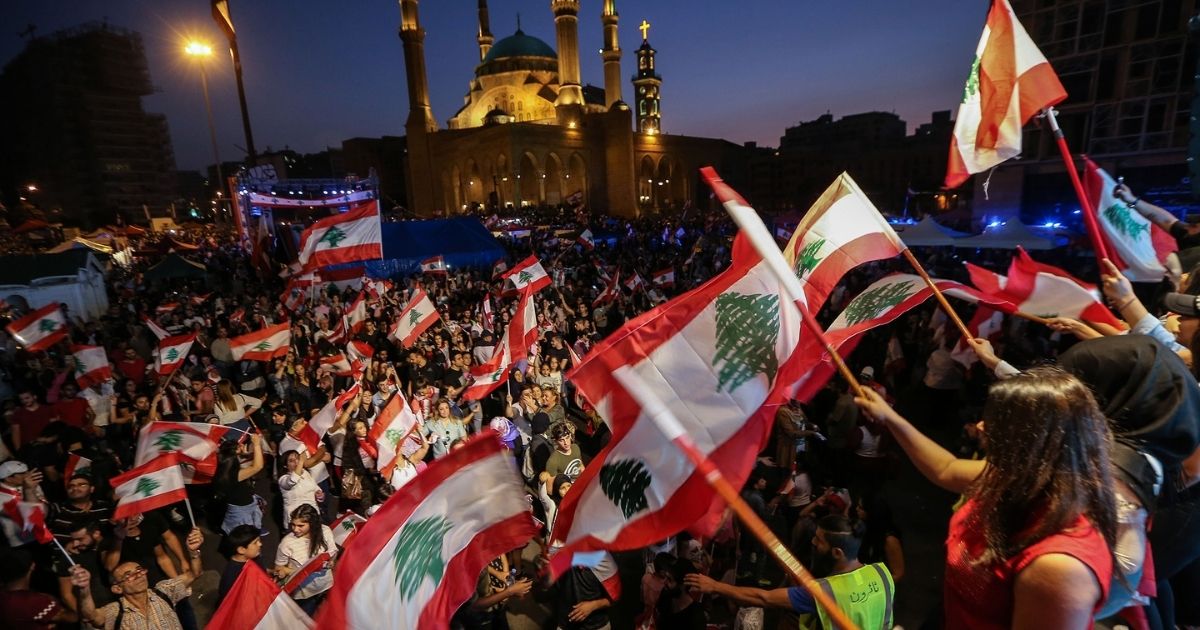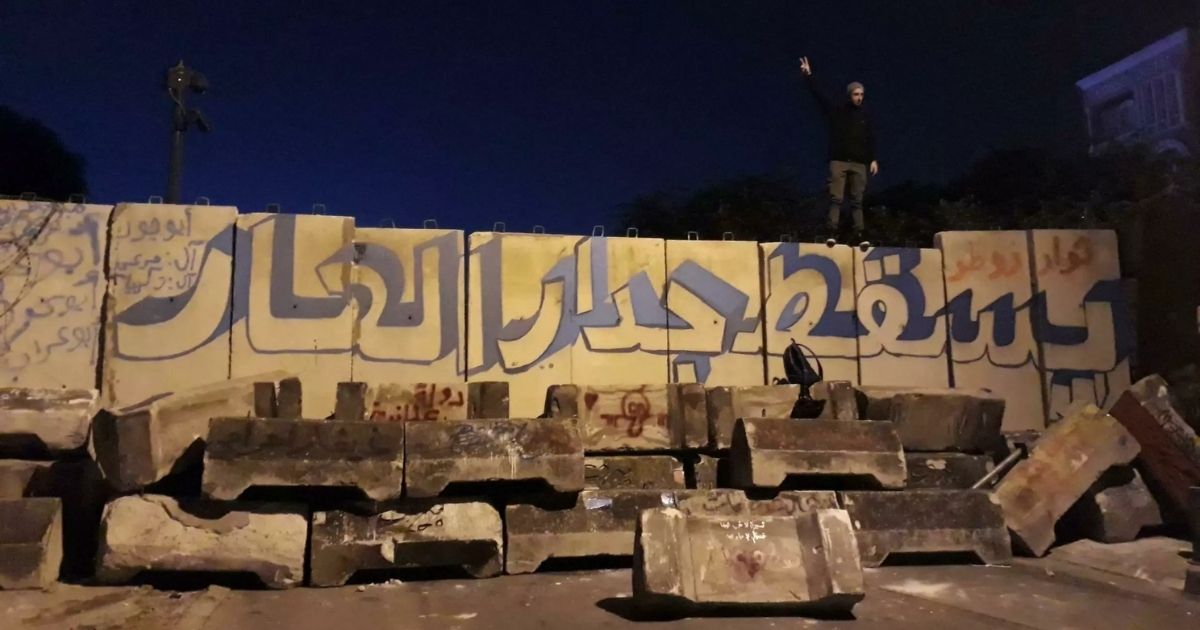We all remember the days when garbage piled up on the roads. Everywhere you walk you could see a wall. All thanks to our politicians. The view today has not changed much. Garbage is still a great source of Lebanese pollution.
Greenpeace estimates that only 10 percent of garbage is being recycled in Lebanon. The revolution has highlighted the environmental issue in Lebanon. Many have gathered to sort garbage during the protests, with the garbage project seen in many of the revolution’s squares.
The garbage epidemic has spread to our shores and waters. When waves crash onto our beaches, only plastic is left behind. The seas are dirty, air quality has reached dangerous levels, especially in Beirut, and the government has failed to take any meaningful action. Thousands of acres of trees plagued with plastic burned down last October and got out of control quickly.
In the absence of the government, Lebanese environmentalists have taken advantage of the current situation of unrest to do their best to deal with the pending issue and work on making the country greener.
Environmental architect and biomimetics specialist Adib Dada believes that the forest wildfires of October were an important issue that contributed to the onset of the revolution. The planting of 30 trees and shrubs in Beirut was a project led by him through a group called Regenerate Lebanon.
Regenerate Lebanon is a platform for collective action. This physical and digital space allows citizens to work collectively to implement positive system change. They tackle many basic needs of the Lebanese people, from human needs to waste, water, energy, land-use, and mobility.
Regenerate Lebanon has set up a tent in Martyr Square at the beginning of the revolution as a micromodel for people to hopefully replicate in other squares. The tent includes:

![]() @beirutsbrightsideembedded via
@beirutsbrightsideembedded via
Food served in stainless steel instead of plastic, water in jugs, filtered drinking water, and solar-powered charging stations. It also has a library and a donations’ corner.
In addition to Regenerate Lebanon, Green Tent has also set up a tent in Martyr square and, in coordination with environmentalists, they managed to sort wastes in downtown Beirut. Green Tent has spread its activities to include other cities outside Beirut, in addition to their plan for a nationwide cleanup.
Lebanese people have the right to live in a country that is clean; to drink, swim and bath in clean water, to eat from their lands, to breathe clean air, and to walk on clean streets. Regardless of when this revolution ends, Lebanese people refuse to go back to the way it has been.
The environmental issues Lebanon suffers from is easily resolved if the government would take the necessary step in developing the appropriate strategy. Being and acting environmental conscious is not a trend, it’s a necessity.





















